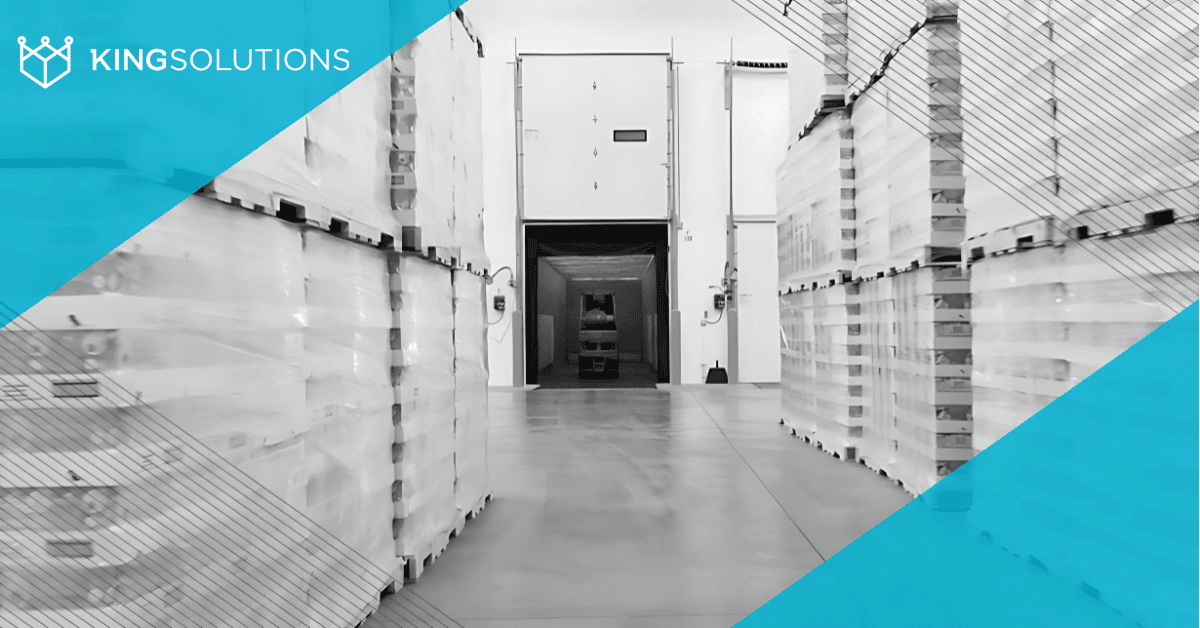Why Temperature-Controlled Storage Matters
In the world of perishable supply chains, temperature-controlled storage (TCS) is the backbone of preserving product integrity. Whether dealing with pharmaceuticals, temperature-sensitive food, or medical devices, the ability to maintain consistent conditions ensures compliance with FDA storage temperature requirements extends product shelf life, and prevents costly spoilage. However, controlled room temperature storage (CRT storage) is not as simple as conventional warehouse management. It requires strict adherence to regulations, specialized equipment, and expert knowledge—many businesses struggle to handle these demands in-house.
If your business requires controlled ambient storage, low-temperature storage, or temperature-sensitive storage solutions, here’s what you need to know.
Understanding FDA Regulations for CRT Storage
Strict federal codes govern temperature-controlled clinical storage and temperature-sensitive item storage. The Food and Drug Administration (FDA) mandates that businesses storing pharmaceuticals, biologics, and food products follow cold storage requirements to ensure product safety and efficacy.
Key FDA Guidelines:
- CFR 21, Part 111 – Governs temperature-controlled food storage, dietary supplements, and human consumption items.
- CFR 21, Part 211 – Regulates controlled temperature storage of finished pharmaceuticals.
Each set of regulations includes requirements for:
- Personnel qualifications
- Physical plant and ground maintenance
- Proper temperature monitoring systems
- Quality control measures
- Packaging and labeling compliance
To maintain compliance, businesses must adhere to the cold standard—ensuring that all CRT warehouses are equipped with the proper technology and protocols to meet federal regulations.
Setting Up a Temperature-Controlled Storage Facility
Businesses looking to implement their own CRT temperature storage facility must consider the following critical elements:
1. Storage Environment
- Isolated space: Segregate temperature-sensitive food and pharmaceuticals based on temperature needs and contamination risks.
- Storage systems: Use temperature-controlled storage solutions like forced-air cooling, refrigeration, and cold standard humidity control.
- Failsafe systems: Backup power and automated alerts for temperature fluctuations are essential.
2. Management & Compliance
- Temperature monitoring: Automated logs ensure compliance with FDA storage temperature requirements.
- Inventory control: A robust storage temperature tracking system prevents product loss.
- Personnel training: Employees must be trained in proper storage, handling, and maintenance procedures.
3. Cost Efficiency
- Investing in high-quality insulation and ventilation systems can lower operational expenses for temperature-controlled storage.
The Benefits of Outsourcing CRT Storage
Managing temperature-controlled storage in-house can be costly, time-consuming, and risky. Many businesses opt for outsourced solutions for temperature-control warehousing, partnering with third-party logistics (3PL) providers to ensure compliance and efficiency.
At King Solutions, we specialize in temperature-sensitive storage solutions, offering comprehensive logistics for temperature-controlled food storage, pharmaceuticals, and medical products.
Our CRT Storage Solutions Include:
- Temperature-controlled transportation, order integration, and IT support
- GPS tracking at the pallet level for real-time monitoring
- Compliance with the most stringent FDA regulations
- 101,000 sq. ft. of secure, temperature-controlled warehousing space
- Motion-sensor lighting and 24/7 video surveillance
With facilities in Minneapolis and Chicago, King Solutions is cGMP compliant and adheres to normal room temperature (NRT) standards. Whether you need temperature-sensitive food storage or a secure CRT warehouse, we have the expertise to keep your products safe.
Secure Your Temperature-Sensitive Inventory Today
Avoid the risks of non-compliance and product degradation by partnering with a trusted CRT storage provider. Contact King Solutions today to discuss temperature-controlled storage options tailored to your needs (https://www.kingsolutionsglobal.com).








 Joel Rice
Joel Rice